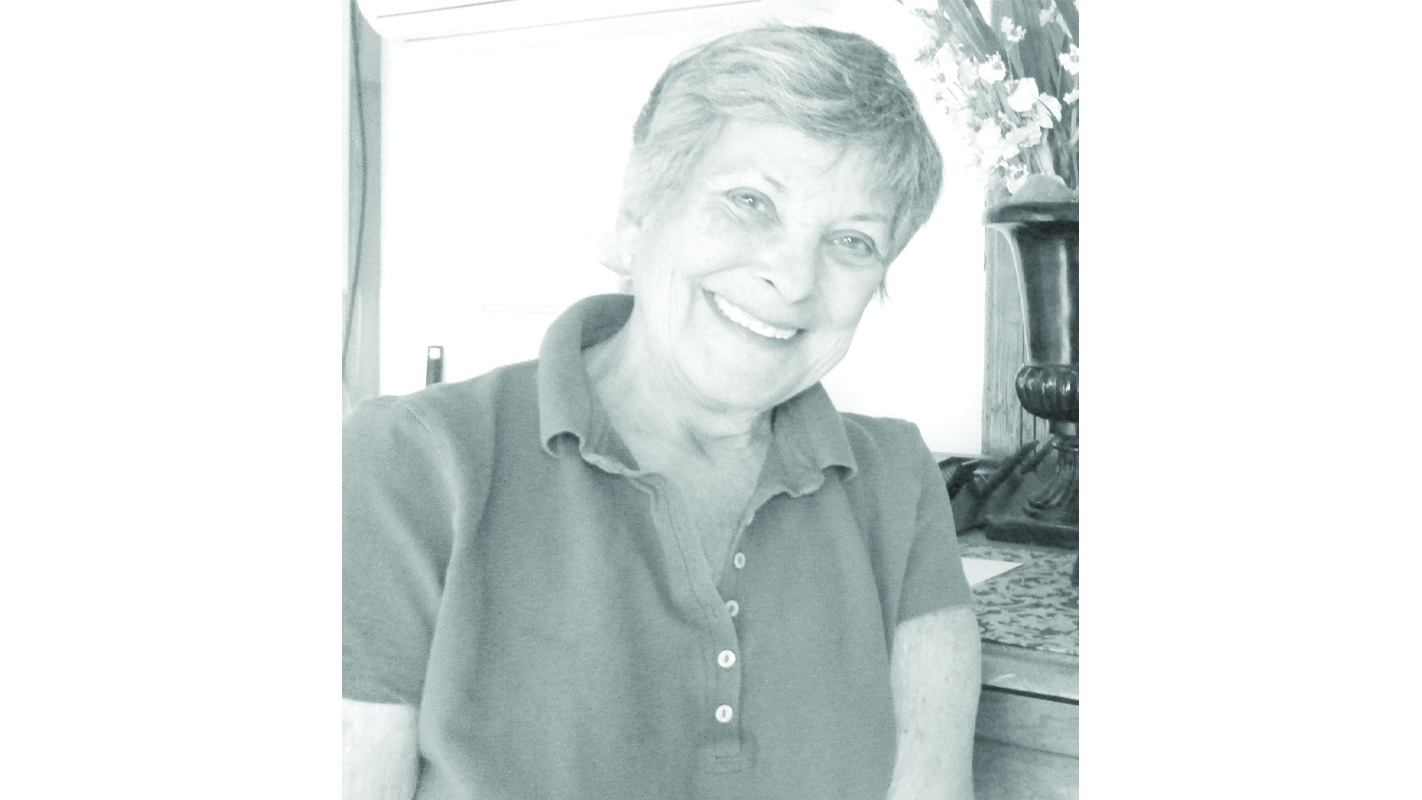By Dian Cohen
On a beautiful sunny day, this is not a problem if you’re 25 or 47 – you just go. But what if you’re 86, how are you going to do this? Can you still drive? Are there people who can drive you? Is there a bus or a shuttle nearby?
If you’re 25 or 47, you will be voting in elections and referendums that will change public policies and existing business models of the country, the province and your local region. Time to start training. The new demands of old age, your own consumer demands and new or adapted technology to respond to them are already disrupting everything that used to work well in our national, provincial or regional economy. Now that today’s retirees are planning for a retirement that lasts 20 years or more, much more needs to be done.
There are almost 10,000 people in Canada 100 and older, even with Covid. This is the fastest growing age group in Canada — nearly four times the rate for the overall population. Quebec’s population is a little older – similar statistics apply and according to the Canadian Institute for Health Information, the number of 75+ citizens in Quebec will double in the next 15 years.
Many people are already working on how society needs to change – none more so than the AgeLab at the Massachusetts Institute of Technology. It was founded about 20 years ago by Joe Coughlin, whose book The Longevity Economy, Unlocking the World’s Fastest-Growing, Most Misunderstood Market pointed out that retirement today is not our parents’ retirement and that most of our public policies dealing with retired people are out of date and must change. (Policies such as OAS, QPP, RRSPs, RRIFs – all of which purport to tell us when ‘old age’ has arrived.) We should also include long-term care facilities, our present way of warehousing old folks, much to their detriment. (Read André Picard’s Neglected No More).
The AgeLab has provided us with a useful framework for thinking about what and how society must change to accommodate people who routinely live 30 years beyond what our present policies and institutions imply is the end of life.
Retirement planning as a concept should be giving way to longevity planning. Retirement used to mean leaving the workforce to pursue leisure activities. For some it still does, but today’s aging population is reinventing life after 65. Financial planning is critical to solving traditional long-term planning questions and now must incorporate quality in old age. How will you stay involved in your community or grab coffee with a friend? Do you want to volunteer or work part-time? Are there opportunities for lifelong learning? Having a plan to manage your investments for a retirement lasting 20 years or more can spell the difference between a successful retirement and a long-term struggle.
AgeLab’s research in health, wellbeing and caregiving explores innovations that move routine health and wellness from the hospital and doctor’s office to the home, workplace, retail setting and all places that impact people’s decision making and behavior everyday. They are imagining the types of services, products, and knowledge that can equip individuals and their caregivers with the tools to make better health decisions as they age.
Transportation is another focus of research. More than simply getting from point A to point B, transportation is the key to independence, freedom and meaningful engagement for older people. How will autonomous technologies revolutionize how we move? If commuting time, for example, is lower, will driverless car users have more time to work, sleep, or engage in leisure activities? Will road safety improve? Will populations like older adults who can longer drive, teenagers, and people with disabilities enjoy the benefits of greater mobility?
The spread of COVID-19 abruptly transformed life, with widespread closures of public spaces and businesses, severe limitations on social activities, and the need for individuals to physically distance from each other. Which changes wrought by the pandemic will persist after the threat has subsided?
Prepare to spend more time thinking about these questions, if not for society, for your own old age.
Dian Cohen is an economist and a founding organizer of the Massawippi Valley Health Centre.
Cohendian560@gmail.com.






